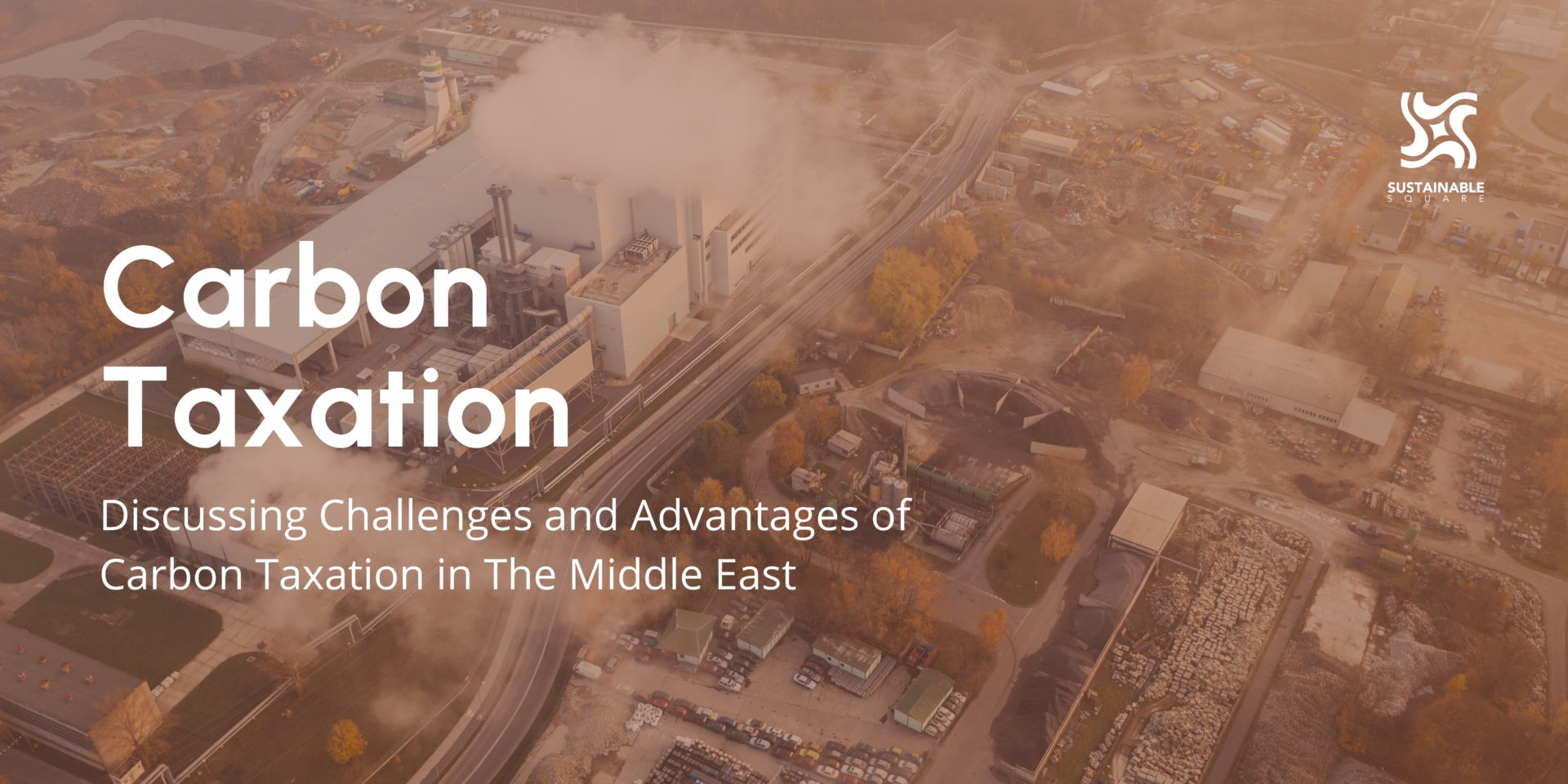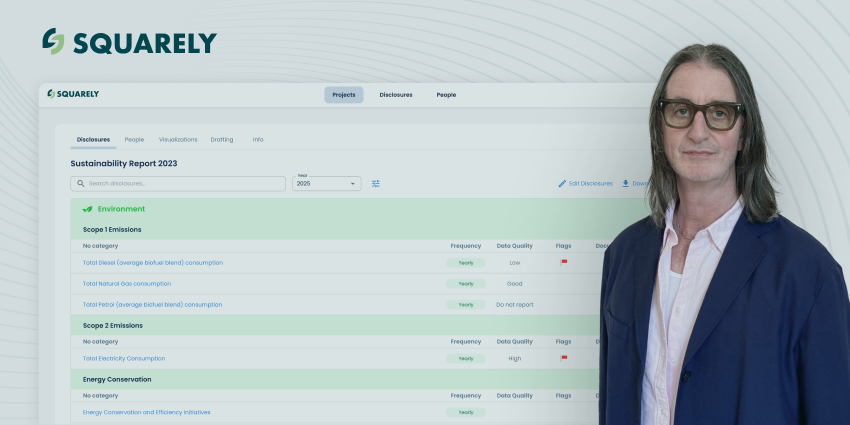Carbon Taxation in the Middle East - the Way Forward?
Implementing carbon taxation in the Middle East requires careful consideration of all pros and cons to ensure that it supports the region’s long-term sustainable development.
Carbon taxation is a policy tool used to reduce greenhouse gas emissions and mitigate the impacts of climate change. It works by putting a price on the carbon content of fossil fuels, such as coal, oil, and natural gas. Companies that emit large amounts of carbon dioxide (CO2) and other greenhouse gases are required to pay a tax for each unit of emission they produce.
This approach aims to create an economic incentive for companies to reduce their emissions and switch to cleaner energy sources. The revenue generated from carbon taxes can be used to support environmental initiatives and programs, further promoting sustainable development.
The concept of carbon taxation is closely linked to the goals of the Conference of the Parties (COP) to the United Nations Framework Convention on Climate Change (UNFCCC). COP28 in the UAE will bring together leaders from around the world to discuss and negotiate actions to address the impacts of climate change. One of the key topics of discussion at COP28 will likely be the role of carbon taxation in reducing greenhouse gas emissions.
Proponents of carbon taxes argue that they can help achieve the goals of the Paris Agreement, which was adopted under the UNFCCC in 2015 and aims to limit global temperature rise to well below 2°C above pre-industrial levels and pursue efforts to limit the temperature increase to 1.5°C.
At COP28, leaders will discuss the potential benefits and challenges of carbon taxation, including its impact on the economy, its effectiveness in reducing emissions, its political feasibility, and its potential to support sustainable development. As the international community continues to work towards addressing the impacts of climate change, the role of carbon taxation will be a key issue of discussion at COP28 and future meetings.
Pros of Carbon Taxation in the Middle East:
Despite the challenges, carbon taxation is seen by many as a crucial step towards addressing the impacts of climate change in the Middle East.- Switch to Clean Energy: One of the primary benefits is the potential to reduce greenhouse gas emissions and mitigate the impacts of climate change. A carbon tax would incentivise companies to switch to cleaner energy sources, reduce the region’s carbon footprint and contribute to global sustainability efforts.
- New Economic Opportunities: Another advantage of carbon taxation is that it could create new economic opportunities. By incentivising the development and deployment of cleaner energy technologies, a carbon tax could drive investment in the clean energy sector and create new jobs. A carbon tax could also provide revenue for the government to support environmental initiatives and programs. This could include investments in renewable energy, energy efficiency, and environmental protection.
- Boost Climate Commitments: Finally, implementing a carbon tax could signal the Middle East’s commitment to addressing climate change and demonstrate its leadership on this global issue. This could improve the region’s reputation and attract investment in the clean energy sector, further supporting economic growth and development.
Cons of Carbon Taxation in The Middle East:
Carbon taxation remains a highly debated issue in the Middle East, with varying opinions on its potential impact – critics raise several concerns specific to the region.- Effect on the Economy: One of the primary criticisms of carbon taxes in the Middle East is their potential impact on the already fragile local economy. Critics argue that these taxes would increase the cost of energy, leading to higher prices for consumers and potentially causing inflation and reduced economic growth. This could be particularly regressive, disproportionately affecting low-income households that spend a larger proportion of their income on energy.
- Effectiveness: Another criticism is the effectiveness of carbon taxes in reducing emissions. A carbon tax intends to incentivise companies to switch to cleaner energy sources, but some argue that the tax may not provide enough motivation for businesses to make the change. This could mean that emissions remain unchanged, despite the implementation of the tax.
- Global competition: Some businesses in the region, particularly those in trade-sensitive industries, argue that carbon taxes could put them at a disadvantage compared to companies in countries without similar taxes. This could harm competitiveness and lead to job losses in certain sectors.
- Implementation and Administration: The complexity of implementing and administering a carbon tax is also a concern in the Middle East. The process could result in high compliance costs for businesses and governments, making it difficult to enforce and manage in a region where resources are already stretched.


